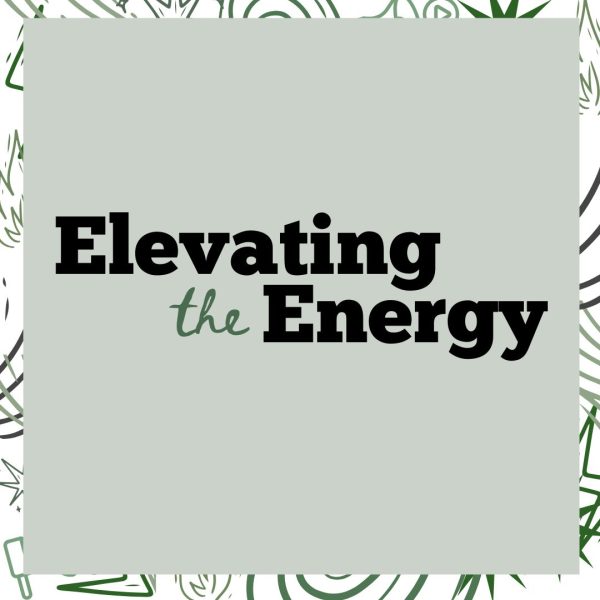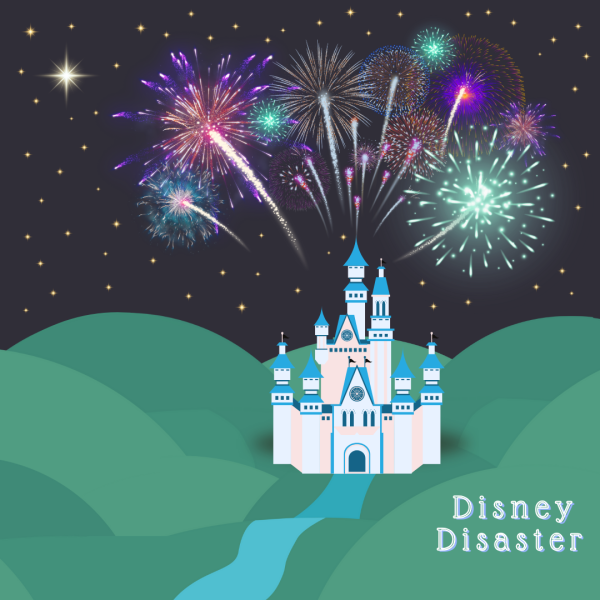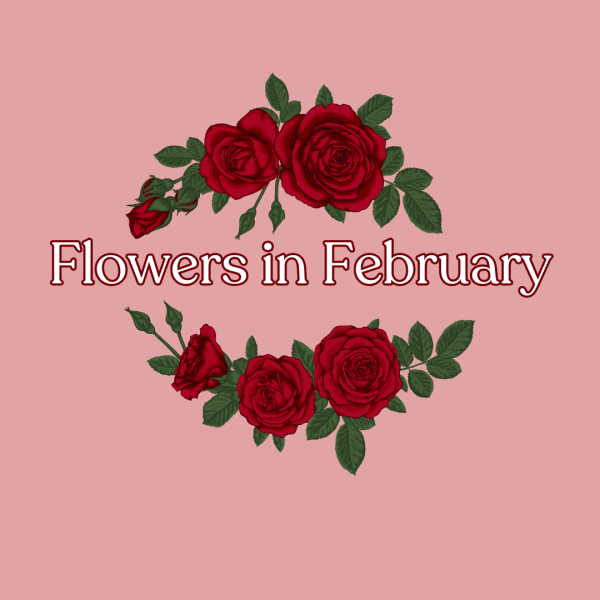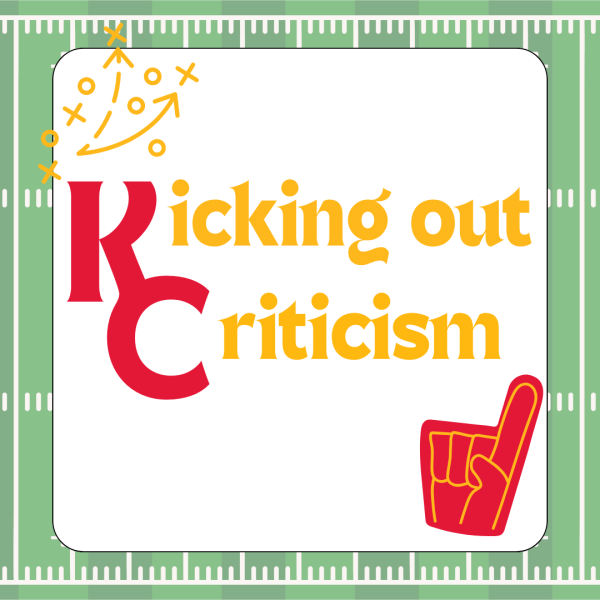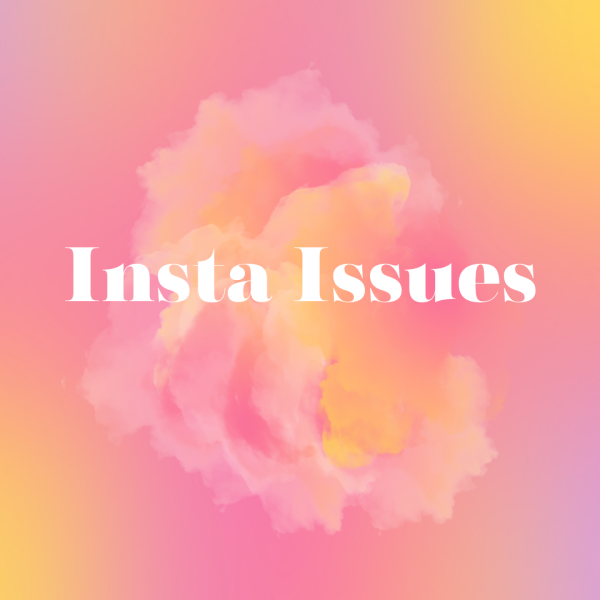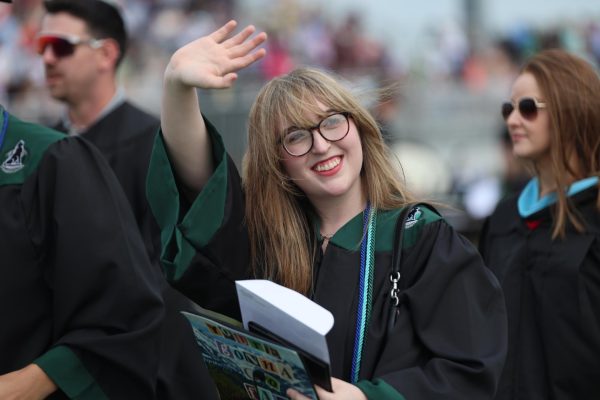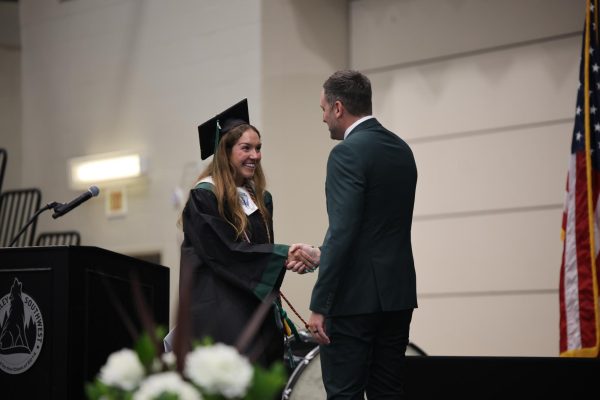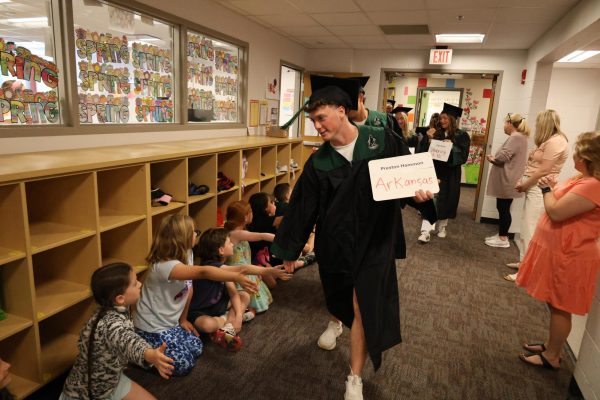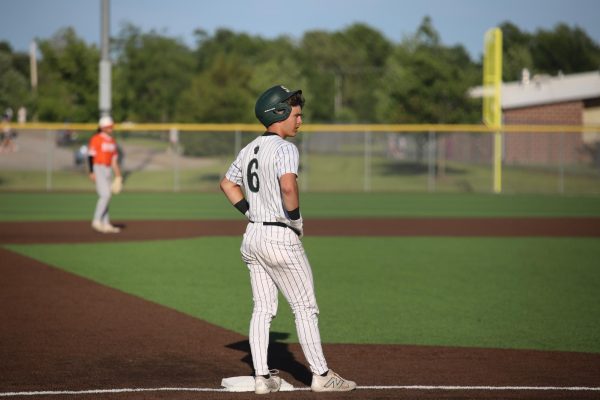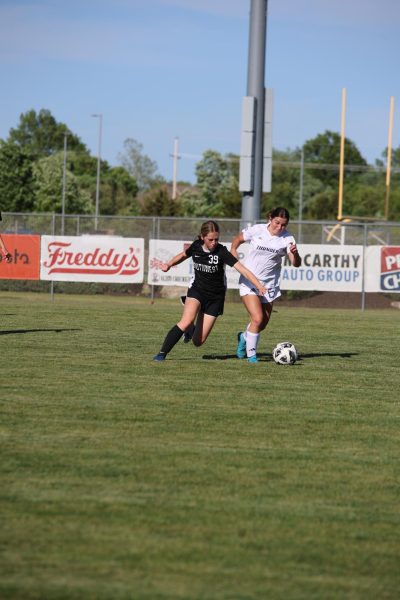Pride season should expand to be more inclusive
Validation: something everybody craves. Possible validation drives people to become better. However, others use a lack of validation to drag people down. Being on top feels good, and when there, climbing over a few people on the way is just a part of the gig. This feeling of being invalidated is known all too well by the sub community of LGBTQIA people — the “B,” which stands for bisexual.
During the 2018 pride season, bisexual persons felt discrimination across the country, being told they were invalid by others who were once told they were invalid themselves. This concept is called bi-erasure. According to senior Jordan Gutierrez, being bisexual has its ups and downs. After being invalidated by peers and coworkers, she said she has had her fair share of discrimination for something she fundamentally cannot change.
“My mom … was saying I don’t ‘look like I like boys,’” Gutierrez said. “[She said] things that indicate the next person I date will no doubt be a girl. It’s annoying.”
Despite facing people who doubt her legitimacy, Gutierrez said she is glad to be supported by the community. Aside from the possible toxicity, she said she believes the LGBTQIA community should continue as is with their current support.
“Why shouldn’t every human being feel cared for and supported and accepted for how they were made?” Gutierrez said. “If there wasn’t anything to make these people feel safe, then they could end up in a bad place.”
Much like Gutierrez, senior Morgan Young said she has seen the effects of bi-erasure increase during pride season. She said she doesn’t understand why people in the community feel the need to exclude fellow LGBTQIA people, especially during a month where the freedom to love is supposed to be celebrated.
“It is ironic because those same people are persecuted by homophobes and should understand what it’s like to be incorrectly invalidated,” Young said.
Young attended Kansas City’s pride parade with friends including senior Barrett Dupree, another member of the LGBTQIA community. Dupree said his problems with the community stem only from words people use to describe themselves.
“LGBTQIA does not make sense to
me personally,” Dupree said. “I don’t understand why people identify as queer because to me queer is a negative word.”
The word “queer” was originally used as a slur toward homosexual people, meaning they were different or strayed from the norm. However, some members of the community turned the offensive word around and used it to describe their sexuality, thus canceling out the discrimination. Despite this, some people like Dupree do not agree with the use of the word.
Some of the discrimination can be stemmed back to a lack of education, Young said. She said the topic of bi-erasure not only includes bisexual people, but also people who experimented in the community, but came up empty.
“As many kids do find out they aren’t straight, there are many kids that explore the idea of it, but end up not being a part of the community,” Young said. “They were never faking their feelings and they were never invalid. Sexuality and gender identity is a wild concept and in a society where it isn’t taught about in sex ed, can be confusing to deal with. I wish more adults could remember that struggle and empathize a bit.”
The debate on the “A” of LGBTQIA poses yet another problem, as many believe it stands for asexual exclusively. Others argue it stands for both asexual and ally. An ally is a heterosexual person who supports the rights of LGBTQIA people. Some aspects of pride discourage straight or heterosexual people from participating in the pride season festivites. Gutierrez said she isn’t fond of straight people attending pride unless they are there for a queer family member or are an ally themselves.
“I wouldn’t like seeing them there because it isn’t about them at all,” Gutierrez said. “It’s about people being who they are without hate and [intolerance] directed at them.”
Despite the pride season celebrating the rights of LGBTQIA people, some members of the community feel that straight people should feel welcomed at parades. Young said allies should take coming to pride weekend as a duty.
“As long as they are there to support the festival, then there is nothing wrong with it,” Young said. “A true ally is one that is comfortable defending what they claim to support, whether that be through going to Pride or just having an open mind to the community. Pride is also a great area for education with tons of booths containing organizations and events.”
On surface level, the month of June is a time for celebration of the acomplishments made by the LGBTQIA community. However, there is more to the season than anticipated. Validity and tolerance are themes to be taken not only out of the festivities, but applied to the lives of those who notice it. Without that validation, people feel invisible. Without tolerance and support, people would just be moping through life, expected to lash out at anything they don’t agree with.
“You can’t change people, but you can change how you act,” Gutierrez said. “So if you’re unaccepting of the LGBTQIA community, keep it to yourself or don’t advertise it when there’s no need for it because it can be very harmful to whomever is hearing you.”
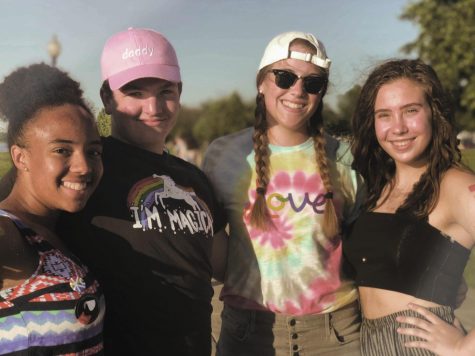
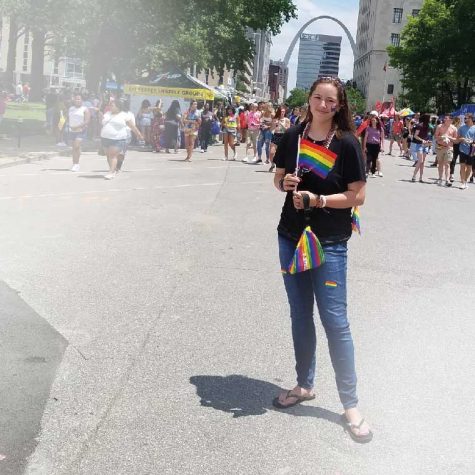

| emmaolinger
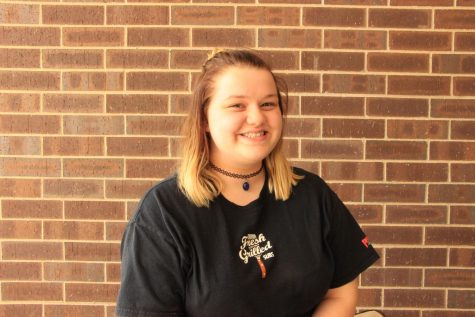
This is Olinger's second year on the Standard. She has absolutely loved being apart of the newspaper and has been since august, 2016. She won second place...


